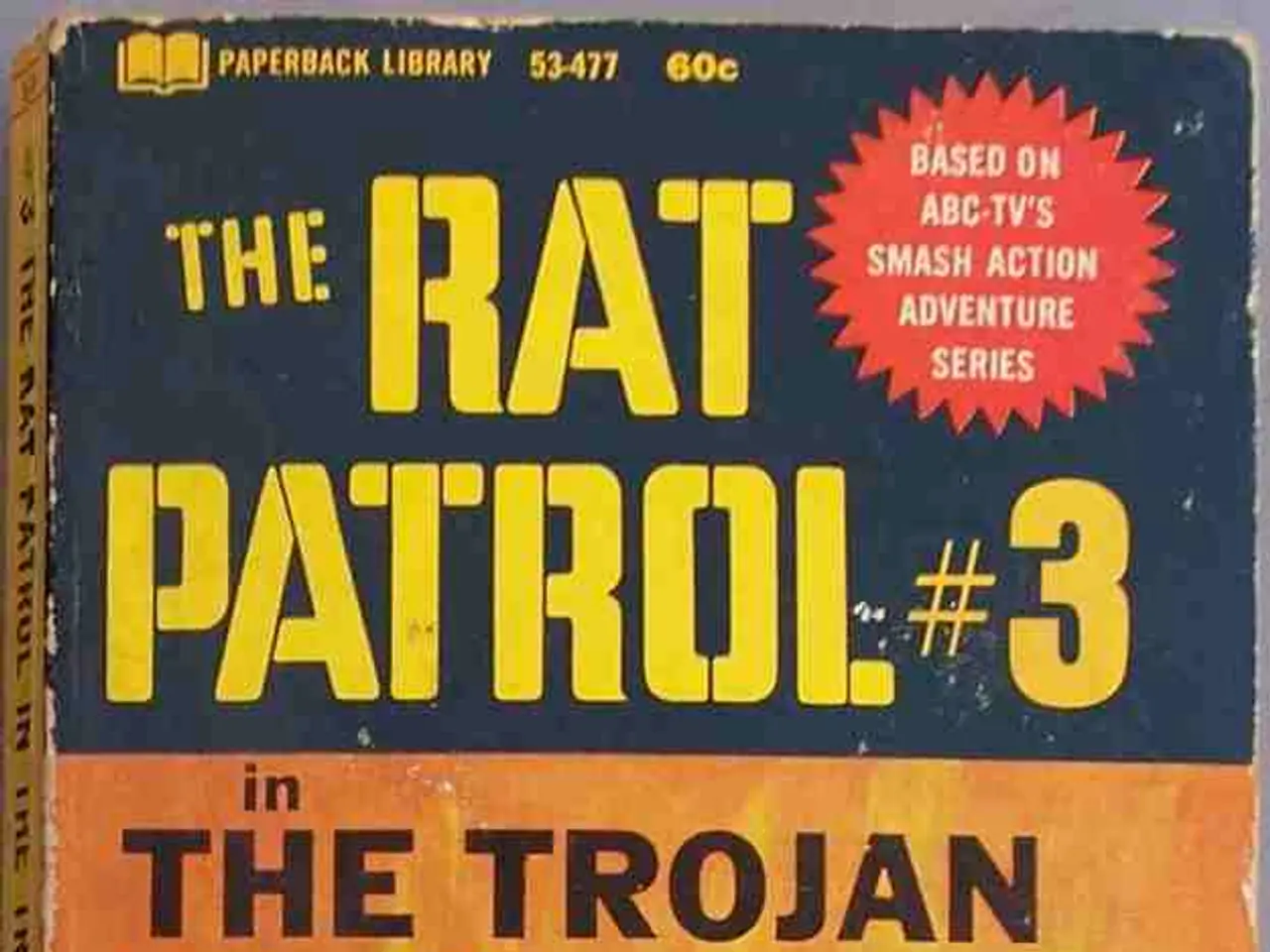Military Literature: Exploration of the Russian Armed Forces
In the complex landscape of international relations, several books have shed light on Russia's military and its role in the Ukraine conflict. Here, we delve into key insights from these influential works.
Dima Adamsky's "The Culture of Military Innovation: The Impact of Cultural Factors on the Revolution in Military Affairs in Russia, the US, and Israel," offers a comprehensive analysis of the influence of cultural factors on military innovation in three countries, including Russia. Adamsky's analysis highlights the struggles of the Soviet military in implementing technological realities of the Revolution in Military Affairs (RMA).
One of the critical themes that emerge from these books is Russia’s reliance on a hybrid warfare strategy. This approach, often described as a combination of covert operations, disinformation, non-state actors, and political manipulation, was evident in Russia’s covert invasion techniques during the 2014 Crimea annexation and Donbas conflict. This strategy confounded policymakers and concealed Moscow's full objectives until the 2022 escalation[1].
Another crucial insight is the internal dynamics within Russia that influenced its military decisions. The regime’s authoritarian nature, governance weaknesses, elite misperceptions, and reliance on past impunity shaped the flawed and destructive campaign against Ukraine. Russian leadership aimed to reassert control over Ukraine similar to the Soviet era but severely underestimated the war’s costs and international backlash[2].
The historical and geopolitical context is essential for understanding the conflict. Tensions between Russia and Ukraine have roots going back to the Soviet Union’s collapse, including Ukraine’s inheritance of a vast nuclear arsenal, which became a complicated issue involving international pressure and security assurances—factors integral to the broader conflict environment[4]. Books also emphasize the profound impact of the 2014 crisis as a pivotal moment and analyze Ukraine's evolving national identity and resistance against Russian aggression[3][5].
Dr. Katherine Kjellström Elgin, a fellow at the Center for Strategic and Budgetary Assessments, recommends five books to better understand Russia's military and the Ukraine War. Elgin, an expert on US and allied defense strategy, particularly with regard to Europe and Russia, has held positions in both academic and policy organizations.
"Russia's Military Revival" by Bettina Renz provides a comprehensive analysis of the Russian military's resurgence under Vladimir Putin. The report contextualizes the Russian military's reform efforts under Putin within Russia's broader foreign policy objectives. Michael Kofman, a former MWI fellow and an expert on the war in Ukraine, is one of the authors of "Russian Military Strategy: Core Tenets and Operational Concepts."
"Putin's Wars: From Chechnya to Ukraine" by Mark Galeotti offers a thorough look at Russia's hard power, tracing the history of the Russian military since the 1990s. "The Transformation of Russia's Armed Forces: Twenty Lost Years," an edited volume, brings together several of the biggest names in Russian military analysis. The monograph by Kofman and his team at CNA offers an in-depth look at Russian military leaders' conceptions of military strategy and operational concepts.
"Russia's Military Revival" examines the history and organization of the Russian military and developments in Russian military thinking. "The Transformation of Russia's Armed Forces" discusses the challenges facing Russian policymakers as they tried to rebuild the Russian military.
These themes collectively offer a comprehensive understanding of how Russia prosecutes the war and why it has unfolded with such complexity and global ramifications. The books may help readers understand why many analysts were surprised by the Russian military's actions during the early stages of the unprovoked invasion of Ukraine in 2022. However, it is essential to note that the views expressed in the article do not reflect the official position of the United States Military Academy, Department of the Army, or Department of Defense.
[1] Adamsky, Dima. "The Culture of Military Innovation: The Impact of Cultural Factors on the Revolution in Military Affairs in Russia, the US, and Israel." Oxford University Press, 2018. [2] Elgin, Katherine Kjellstrom. "Russian Military Strategy: Core Tenets and Operational Concepts." Georgetown University Press, 2020. [3] Galeotti, Mark. "Putin's Wars: From Chechnya to Ukraine." Yale University Press, 2022. [4] Renz, Bettina. "Russia's Military Revival: Modernization and the Future of War." Oxford University Press, 2021. [5] The Transformation of Russia's Armed Forces: Twenty Lost Years. Harvard University Press, 2020.
- Dima Adamsky's book, "The Culture of Military Innovation," delves into the impact of cultural factors on military innovation not only in Russia, but also in the United States and Israel.
- The books suggest that Russia has relied on a hybrid warfare strategy, which combines covert operations, disinformation, non-state actors, and political manipulation, as seen during the 2014 Crimea annexation and Donbas conflict.
- An analysis of these books reveals that internal dynamics within Russia, such as its authoritarian nature, governance weaknesses, elite misperceptions, and reliance on past impunity, have significantly influenced its military decisions.
- Understanding the historical and geopolitical context is crucial to comprehending the tensions between Russia and Ukraine, which have roots dating back to the Soviet Union's collapse and the subsequent inheritance of a vast nuclear arsenal.
- Dr. Katherine Kjellström Elgin, an expert on US and allied defense strategy, recommends books like "Russia's Military Revival" by Bettina Renz and "Russian Military Strategy" by Michael Kofman for a better understanding of Russia's military and the Ukraine War.
- In addition to these books, online education platforms offer courses on generalnews, education-and-self-development, and learning about Russia, military, politics, war-and-conflicts, and military innovation, providing further insights into these complex topics.




